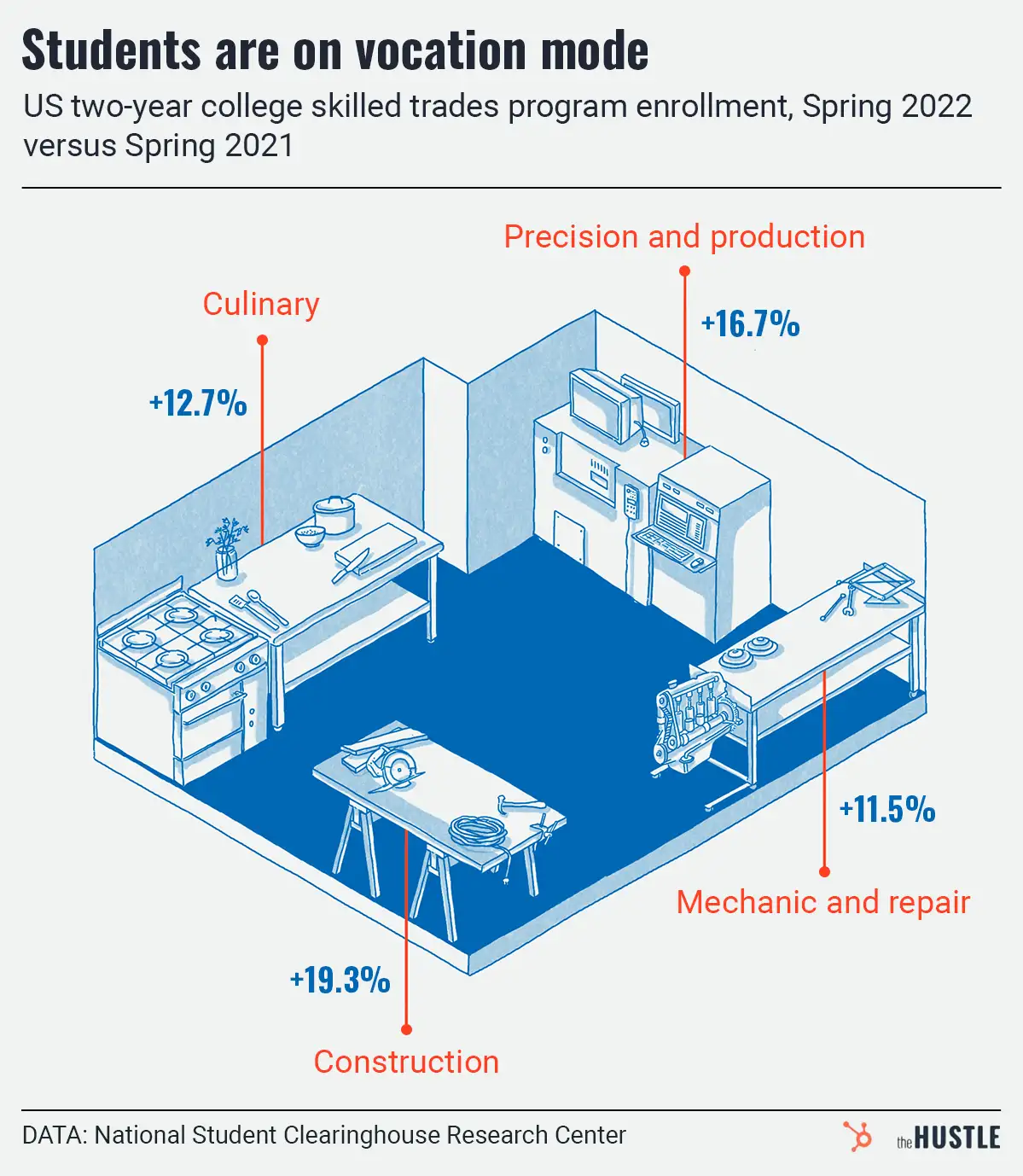College kids have been cheating on exams since the beginning of time.

But remote learning has created a new challenge for educators: How do you keep a student from cheating when they’re taking the test from their bedroom?
Luckily for academic institutions, this challenge has led to a burgeoning new industry — remote exam proctoring software, per The Markup.
The key player in the space…
… is Honorlock, which grew revenue 1k% YoY between 2020 and 2021, leading to a $25m fundraise last year.
At the time of the raise, Honorlock counted 300+ institutions as customers and 1m+ students using its software.
How does remote proctoring work?
As you can imagine, it’s not as simple as asking your class to clear the formulas in their TI-83.
Honorlock’s software uses AI to:
- Scan students’ faces to make sure they’re the ones actually taking the tests
- Detect the use of cellphones and other devices during the exam window
- Track activity on fake websites that provide answers to test questions
In other words, it’s all about student surveillance — and the last bullet has landed Honorlock in hot water.
These fake websites, which the company calls “honeypots,” exist solely to catch students cheating. Critics say it’s a classic case of entrapment and argue that the software creates an environment that assumes students cheat — which could backfire by normalizing cheating.
So what’s the answer?
One possible solution is switching to different testing methods.
Sarah Eaton, an associate professor at University of Calgary who studies academic integrity, suggests oral and open book tests that require answers you can’t find on Google.
Until then, we encourage any test-takers out there to study up, lest you end up caught in a honeypot.










